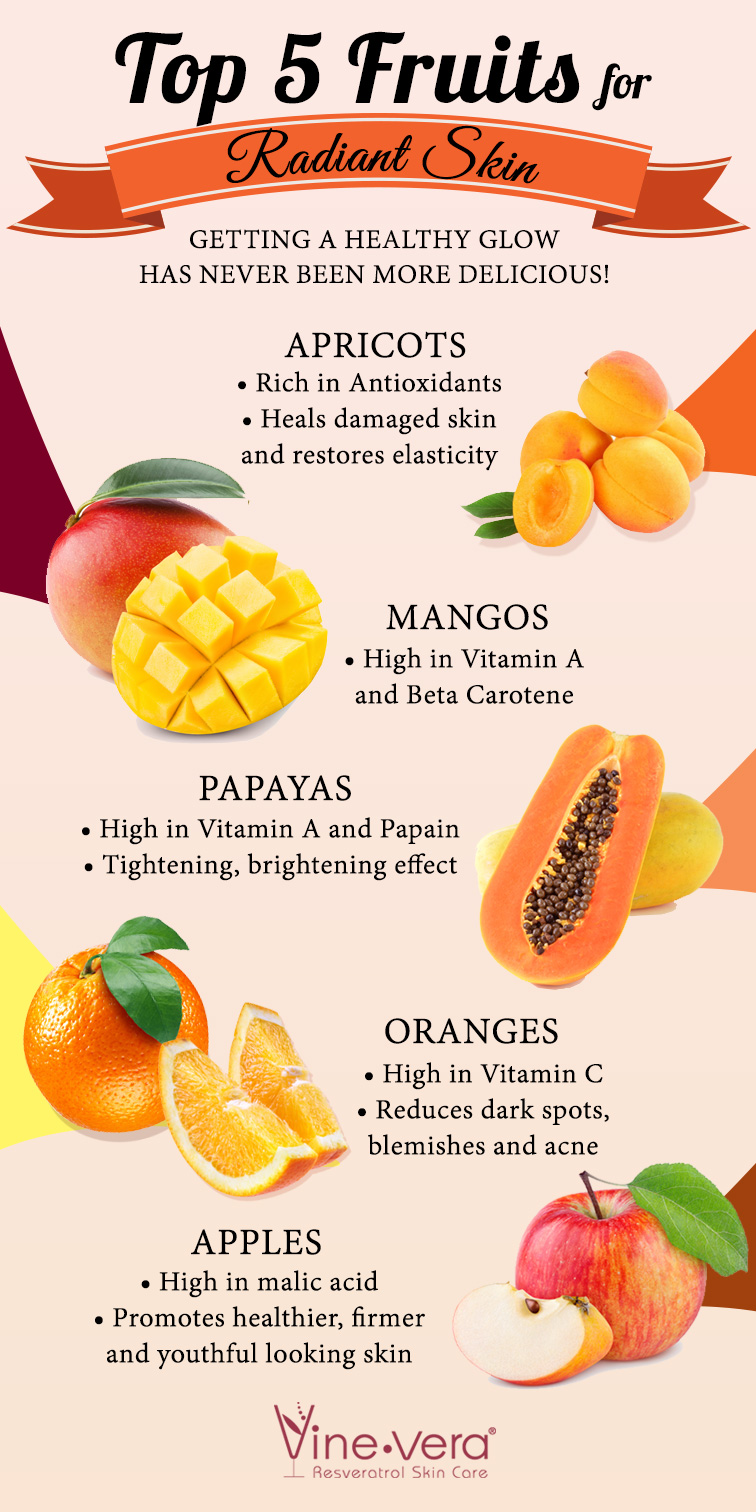近年来,患有皮肤问题的人数一直在增加. 此外, 承认皮肤敏感和干燥的人明显增加. 要找到“敏感皮肤”的科学定义有点困难” 因为有许多不同的, 其定义的可衡量标准. 然而, 正常皮肤在受到以下刺激时会产生更高的敏感性 : 晒 伤; 严重脱皮; 职业相关高于正常接触水, 碱和溶剂, 内部疾病,例如与年龄相关的糖尿病中皮肤干燥加剧,或可能伴随肾脏疾病和压力等心理因素的一般瘙痒.
皮肤干燥在以下儿童中尤为常见 10 和老年人 60. 之间 10 自 50 岁, 皮肤干燥的女性人数明显多于男性. 干性皮肤的共同特征是轻微脱屑, 紧绷感,有时, 瘙痒. 基本上, 干性皮肤有两种类型 – 正常干燥皮肤和极度干燥皮肤. 在这两种类型中, 原因本质上是天然保湿因子的缺乏. 一种较罕见的形式是特应性皮肤干燥, 其中皮肤脂肪酸代谢紊乱起主要作用.
清洁和护理干燥的皮肤
让您的干燥皮肤恢复到正常的生理状态, 格外注意您的清洁和护肤程序. 在选择干性皮肤的清洁产品时, 以下是一些需要牢记的提示 :
* 确保清洁制剂由温和的清洁复合物和去除脂溶性成分的再油剂组成 (亲脂性的) 污垢颗粒.
* 清洁物质’ 脂质的供应应促进并确保皮肤油脂的密集补充.
* 再油剂的脂肪酸成分也应与皮肤的天然油脂相似,以特别好地融入角质皮肤层, 从而在洗涤过程中恢复保护性脂质膜,并有助于维持皮肤的自然 pH 平衡.
选择护肤品
选择含有各种活性成分的护肤品很重要,这些成分可以增强皮肤自身的保护功能. 以下是值得关注的提示和成分 :
* 举个例子, 含有抗氧化维生素 E 的护肤品可有效预防, 或者至少是, 延缓皮肤老化. Vitamin E is a fat soluble vitamin that hinders the oxidation of poly-unsaturated fatty acids, thus helping to firm up the cell membrane and delay cell-aging.
* Choose skincare products that protect the skin from damaging environmental influences such as dryness and colds. Where the skin condition has been disturbed, choose skincare products that contain moisturizing agents and substance that will help normalize the skin, heal it and prevent diseases. 举个例子, as a Vitamin B derivative, Dexpanthenol is said to enhance wound healing and cell-formation. Vitamin C in citric acid form is also a popular skincare substance that is used mainly because it helps in wound-healing and cell regenerations.
* Those with especially sensitive-skin or skin affected byneurodermatitis should choose skincare products suitable for deodorant-intolerant skin.
* The skincare products’ efficacy should have been objectively and comprehensively evaluated and the confirmed in clinical studies.
Healthy skin, for the most part, results from a balance of moisture and oils and the physiological pH-value (acid mantle of the skin around 4.5 – 5.75) of the skin’s surface. Always remember to choose cleansing and skincare products that are quickly absorbed into the skin and activate the various regenerating metabolic processes of the skin cells.
Causes of Dry Skin :
* Biological skin ageing
* Chemical and medicinal influences
* Climate and environment
* Genetic disposition
* Hormonal influences
* Illness
* Light-induced skin ageing
* Nutrition

